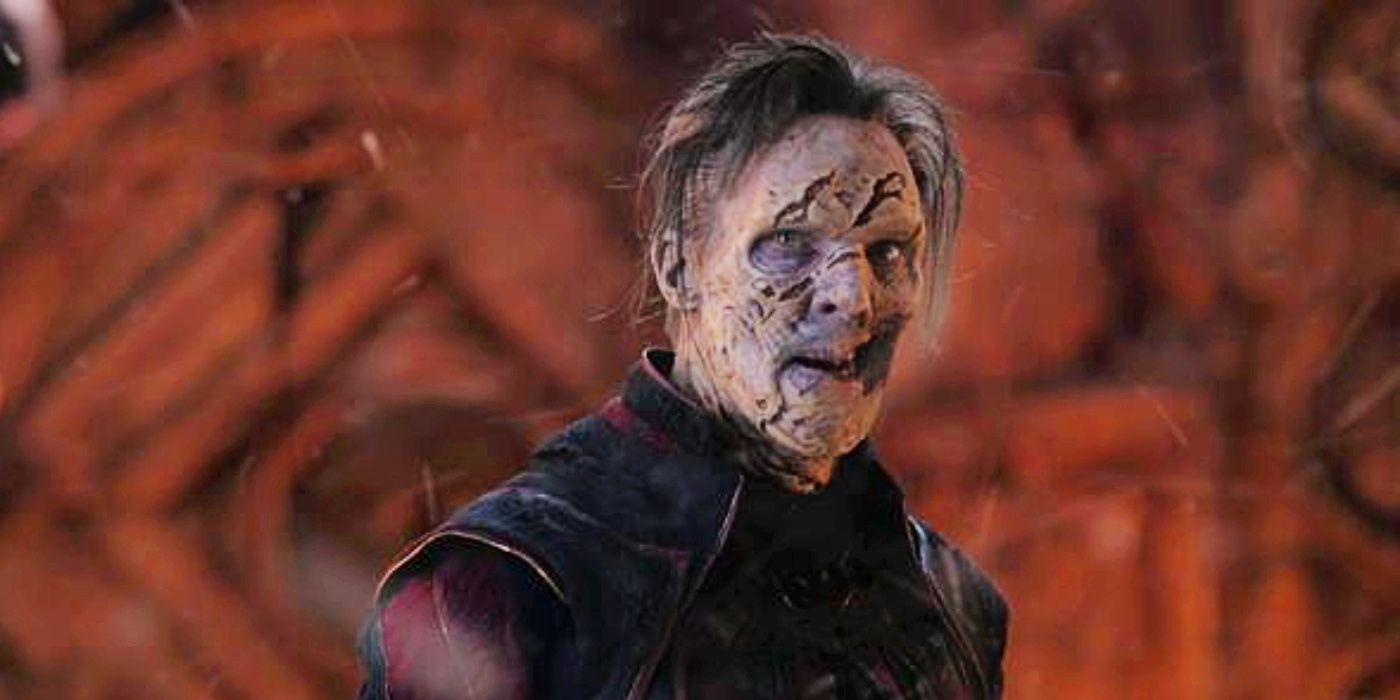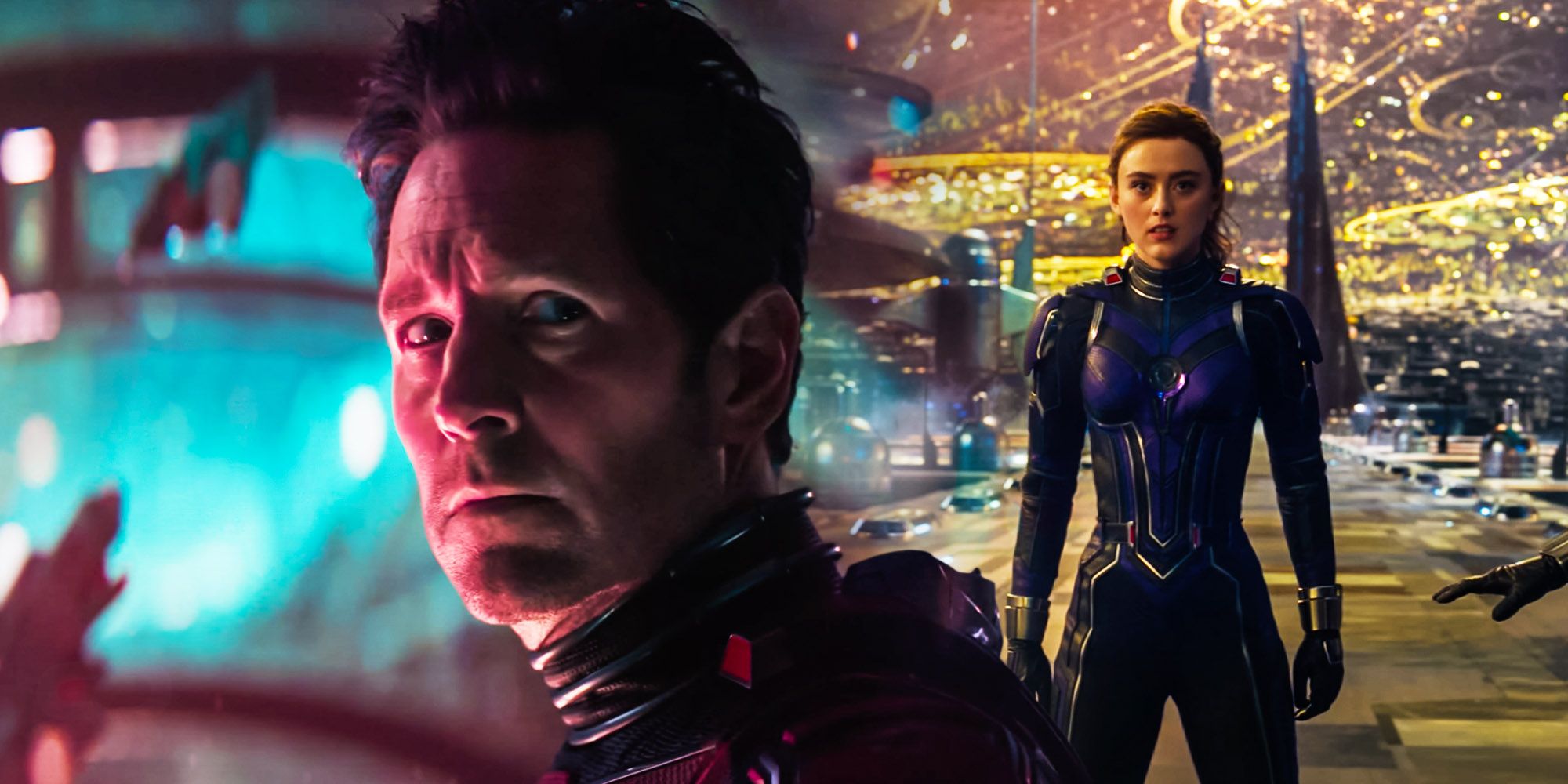The MCU has always been full of action, and in recent years the scope of its superhero adventures has grown, but through this, the franchise has forgotten the important lesson that made Spider-Man one of the world's most popular heroes. The MCU became a hit franchise by focusing on its well-developed stars, Iron Man and Captain America. But now that the Avengers have lost their leaders, Marvel Studios appears to have forgotten what has made their movies a success. The MCU would do well to remember past Marvel adaptations, like CBS's The Amazing Spider-Man, to get back on track.
According to Sean O’Connell’s book With Great Power: How Spider-Man Conquered Hollywood During the Golden Age of Comic Book Blockbusters, Nicholas Hammond, who played the title character in CBS's The Amazing Spider-Man show in the 1970s, says that the production studio wanted Peter Parker's private life and personal struggles to be as memorable as his superhero identity. The network felt it was important to make Peter relatable, so the show spent time with him at school, work, and with his friends and family. By making his secret identity a key part of the show, Hammond's Spider-Man was more relatable and his stories had greater emotional weight compared to a show that focused solely on web-slinging action. This should be a lesson to the MCU because so few of its current superheroes have distinct lives away from their world-saving duties.
The MCU Has Sacrificed Relatability For The Spectacular
Early MCU movies were smaller in scale compared to the franchise's recent productions, and they gave more screen time to the people behind the masks. This made the characters relatable because although not everyone is a billionaire or super soldier, viewers could identify with Tony Stark and Steve Rogers's complicated personal lives. That then made Iron Man's death in Avengers: Endgame all the more heartbreaking as he left behind Pepper Potts and their daughter. Similarly, Captain America's return to his own time was more emotionally fulfilling, as he got to have the life he always wanted with Peggy Carter.
Post-Avengers: Endgame, the MCU has opted for spectacle over character. Doctor Strange in the Multiverse of Madness is the clearest example of that. There were brief moments of relatability with Stephen Strange and his ex-fiancé, Christine Palmer, but almost the entirety of the Doctor Strange sequel was spent going from one big set piece to the next. Doctor Strange's fight with Gargantos, his shape-shifting travels across dimensions, and his control of a zombie variant of himself were all visually striking scenes, but they were not relatable for the audience in the slightest, ultimately making the movie inferior to early MCU installments despite its much bigger budget.
Can The MCU Learn These Lessons For Phases 5 & 6?
MCU Phase 5 will largely focus on established heroes, rather than introduce new ones. That is a good sign because Marvel can spend more time fleshing out the personal lives of Scott Lang, Carol Danvers, and Sam Wilson, rather than feel the need to constantly showcase their superhero abilities. By remembering why Spider-Man has been so successful over the years, the upcoming Avengers movies in MCU Phase 6 can have deaths that are emotional because the characters behind the powers will have been developed in a meaningful way.

-1.jpg)
